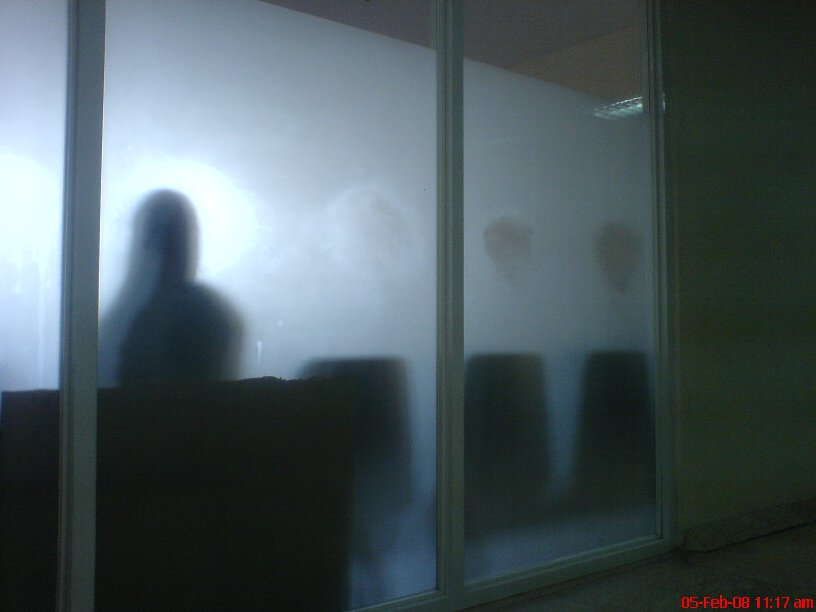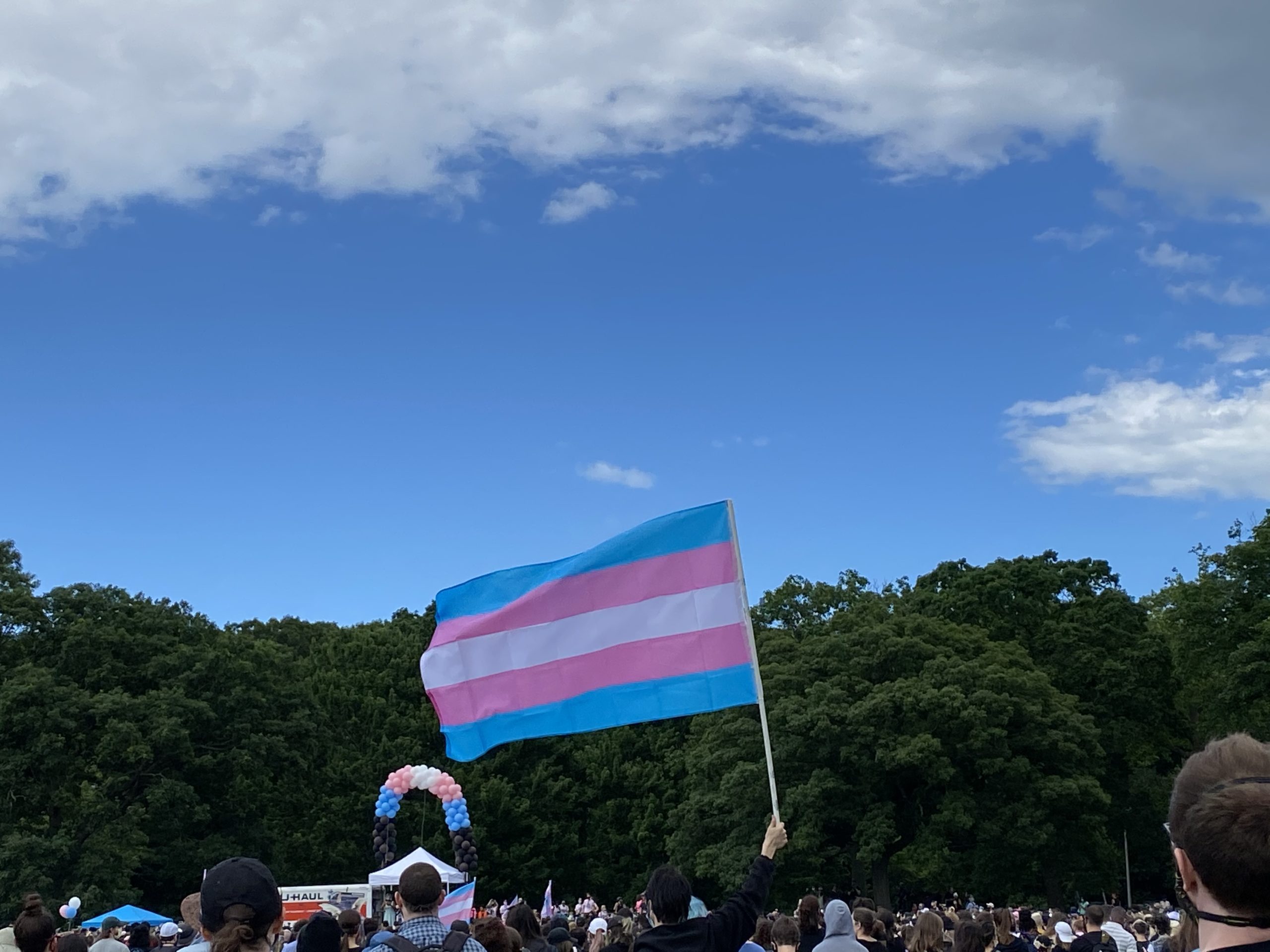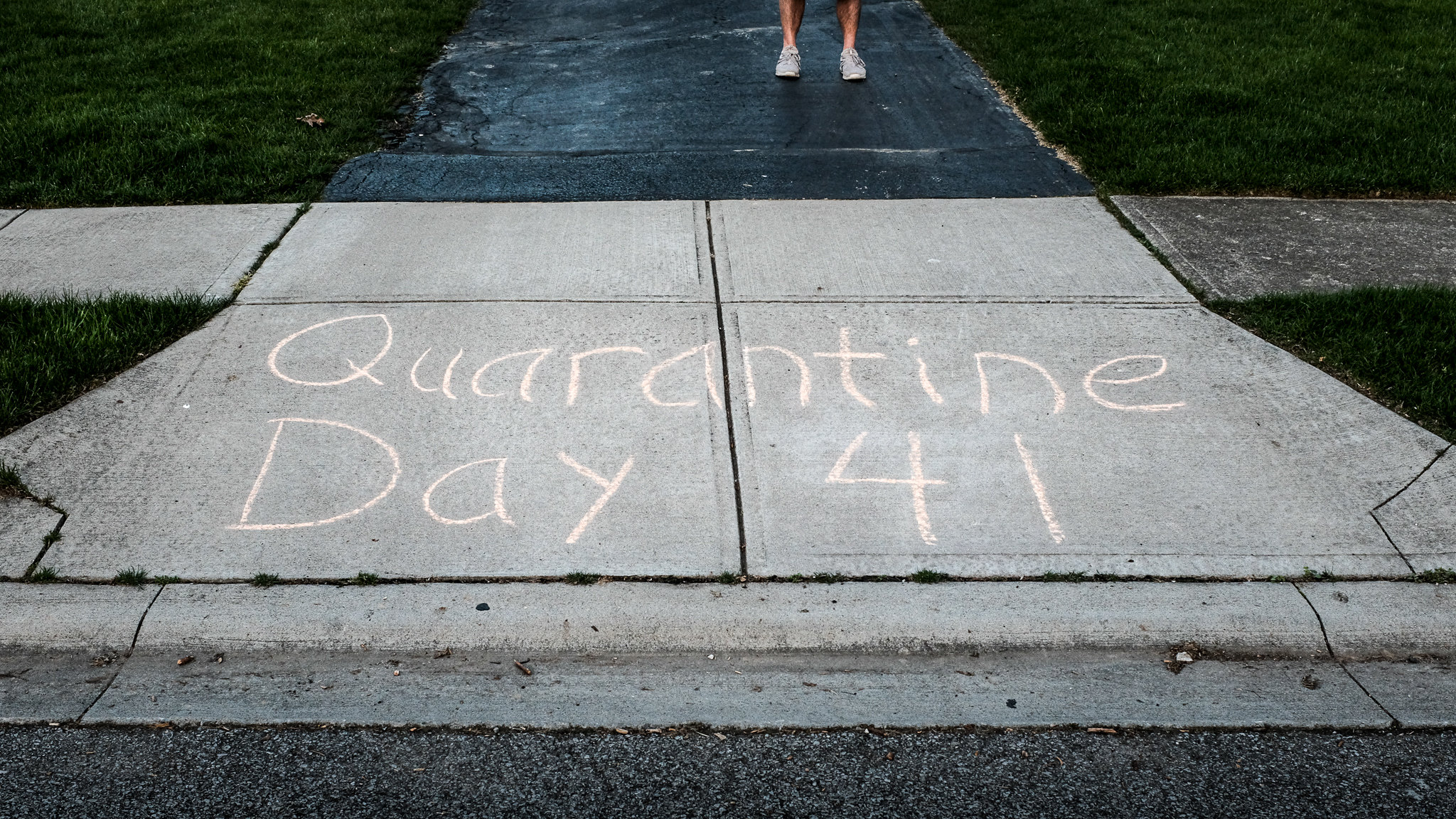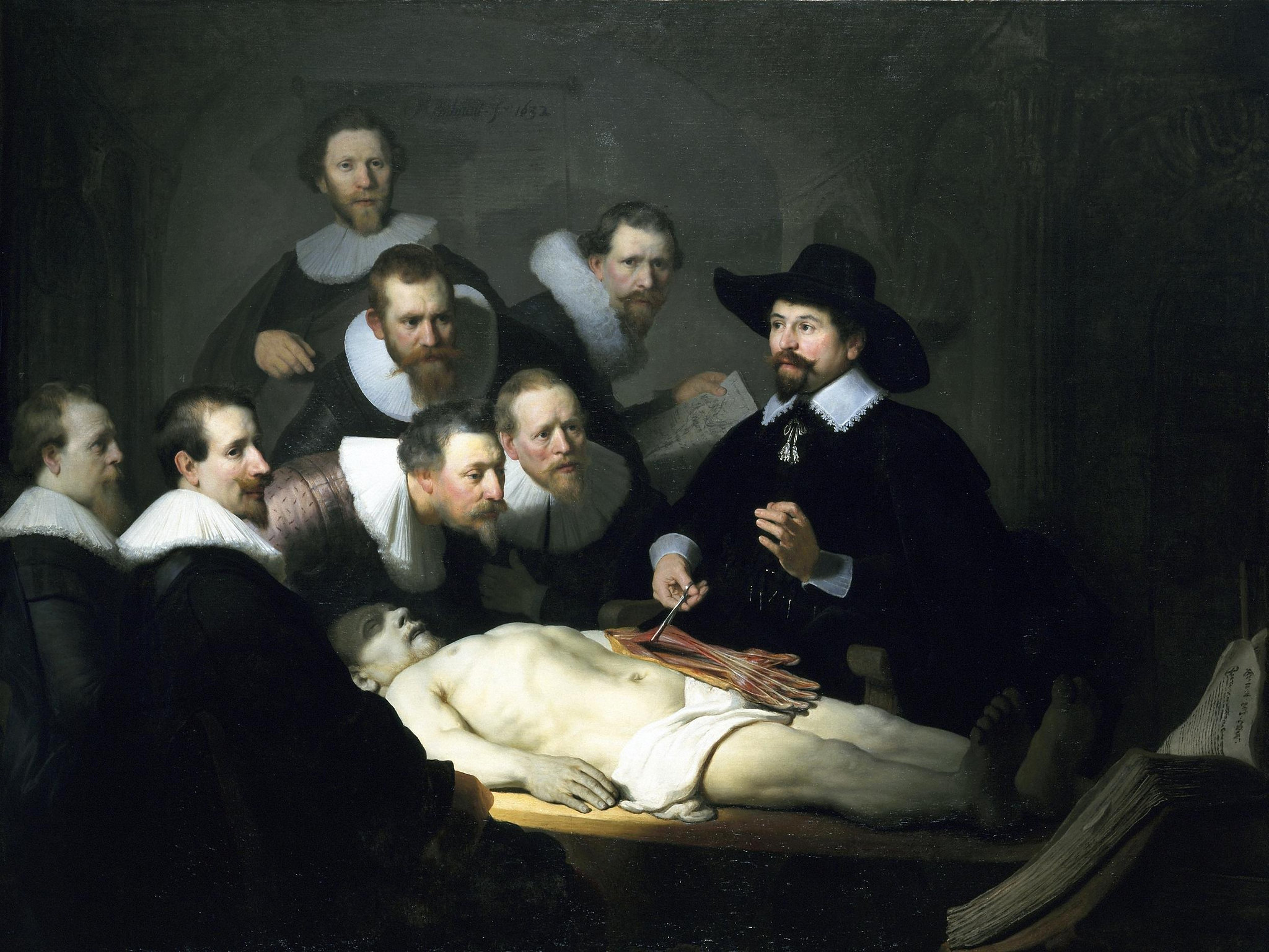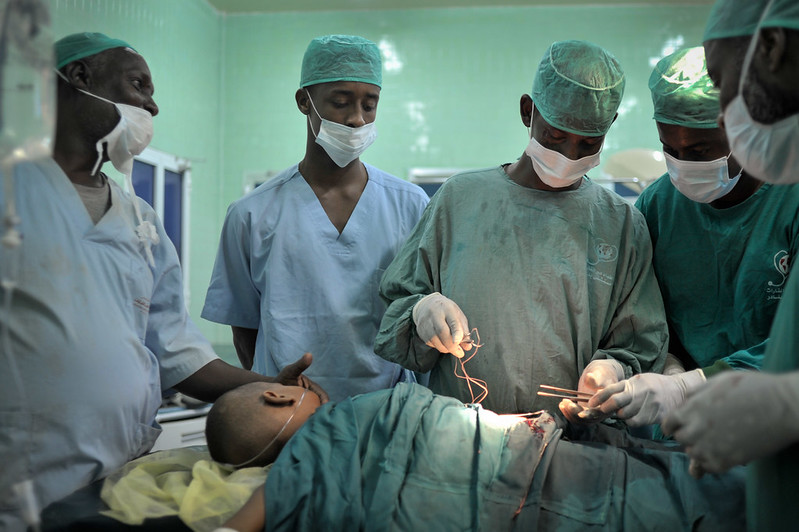“I Can’t Be Here Anymore”
Mr. K had been admitted with dehydration and malnutrition secondary to diarrhea in the setting of HIV. During his stay, he developed refeeding syndrome. When the resulting electrolyte imbalances paved the way for cardiac arrhythmias, he coded twice in the ICU. The care team managed to bring him back each time, but not without consequence; the brutality of numerous cycles of CPR left him with multiple rib fractures, inflicting him with sharp pain every breath.

